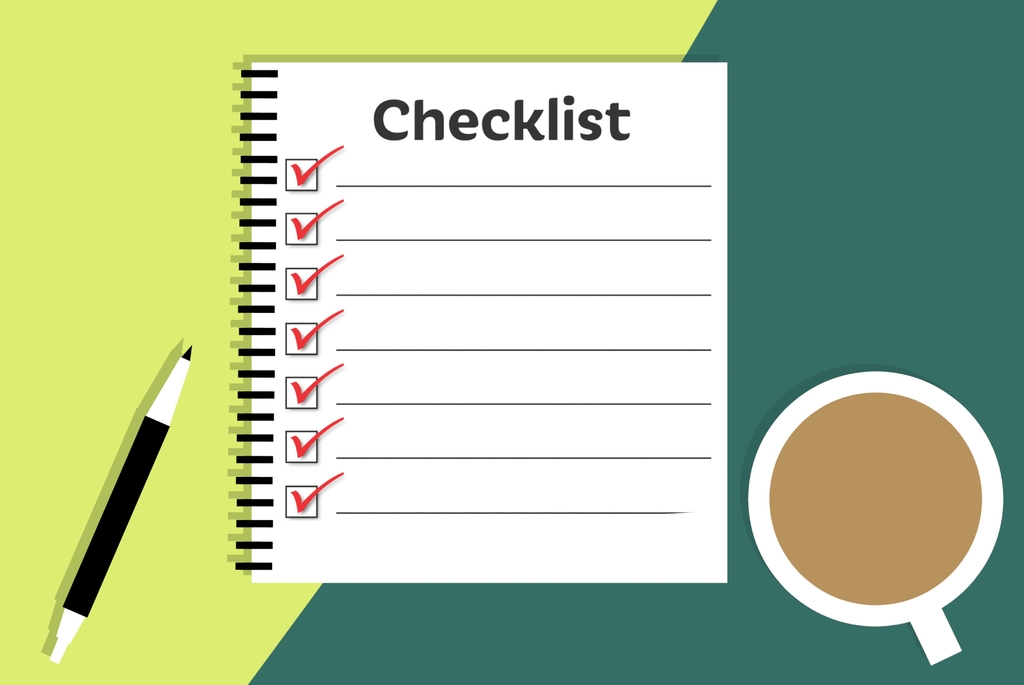The article talks about what the organizers of free webinars have in mind.
The 4 main rules to follow to get the most out of free webinars.
What are free webinars?
For those who want to enrich their knowledge and learn new skills without financial investment, there are many opportunities today. Hundreds of online schools in different fields hold free webinars and training marathons every day. Obviously, knowledge is not just given away for free – the ultimate goal of online training organizers is always to attract customers for a full paid course.
Free online classes usually last from one to 3-4 days, in rare cases – up to 7 days. It is assumed that during this time the participant will understand whether the style of presentation suits him, whether the leader is pleasant, whether the information itself is relevant, whether its complexity corresponds to its level of knowledge.
If the participant likes everything, then he is very likely to pay for a full course, which is unobtrusively (or obsessively) advertised during the webinar. Thus, free webinars and marathons are a demo version of the full course. But do they in themselves have informational value, or participation in them – a waste of time?
The strategy of the webinar organizers
Much depends on the business strategy of the organizers. On some webinars, useful information will be minimal, and most of the time participants will be forced to listen to blatant advertising of paid training courses and persistent beliefs that nothing of value can be obtained without paying. The audience with this approach is divided into three main parts: someone immediately squeamishly leaves the webinar, someone participates to the end in the hope to get something valuable for themselves, and someone gives in to persuasion and buys the imposed information product. Even if the last category will fall only a few, the organizers will still achieve their financial goals.
A completely different format of webinars – these are training sessions, which are presented in a compressed form of maximum useful information. In this case, the organizers aim to build confidence in the participants. They do not have to aggressively impose their main product to participants – they let them try it. At such webinars really have a great chance to acquire new knowledge, and that is why a large percentage of their audience are people who are not going to pay for anything. Organizers are well aware of this and often express great support for this category of listeners because some of their numbers will still pay for a full course, while others will leave with a positive impression and maintain confidence in the online school. Of course, there will be those who will not like the trainer, the dynamics of his speech or the information itself will be irrelevant.
Both strategies are beneficial to the organizers, but the second option is much more beneficial to those who want to learn for free. Find out in advance whether the webinar will be meaningful or mostly advertising, is impossible – it becomes clear only in the process.
How to get the most out of the free webinars?
Even the most informative material in the most excellent presentation can be absolutely useless for the webinar participant if he takes nothing to absorb knowledge.
To integrate information that is provided on free (and paid) webinars, you need to follow some rules:
1. Do not spread yourself thin
A bad strategy is to participate in different webinars every day. This may get rid of boredom and help you feel that the time is spent with benefit, but the real knowledge and skills will not bring. Diverse information that does not have a consistent structure will not be absorbed. The best solution is to choose one or two main areas and not deviate from them, whether it’s a web design, illustration, marketing, targeting, or programming. You can’t learn something by studying everything at once.
2. Do the assignments
If participating in a learning marathon involves doing homework, you should do it. The practice is the best form of learning. Also, the format of webinars in real-time has a huge advantage over the lectures in the record. It lies in the possibility to ask questions to the presenter and get help.
3. Save useful links and materials
Learning webinars often provide links to useful programs and information resources. Anything useful should be saved at once. Copy the link or write the title of the recommended book in a text document – a couple of seconds, but if you don’t do this, the valuable information will pass by.
4. Make an outline
A huge part of the most useful information learned at webinars, forgotten if not to record. Record the main ideas can be in a notebook or in a text document on a computer – whatever is more convenient, but it is obligatory. Otherwise, the practical value of time spent on the training will tend to zero.
A smart alternative to taking notes may be to download the video recordings after the end of the online broadcast via various services designed for this purpose. As a rule, the recordings do not disappear immediately but are saved until the end of the marathon. Of course, no hard drive will not be enough to save all viewed webinars, but for the most valuable of them, this practice can be very useful.



